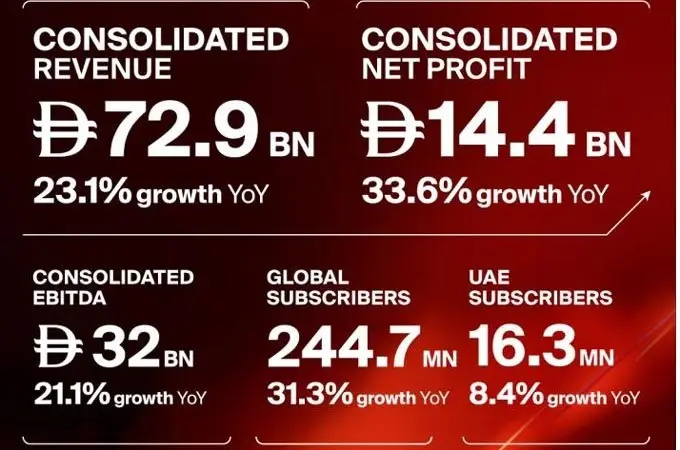Saudi Arabia experienced a 14 percent annual increase in remittances by expatriates in April, with the total amount reaching SR11.35 billion ($3.03 billion), according to the latest data from the Saudi Central Bank (SAMA).
Payments from Saudis, accounting for 30 percent of total personal transfers, saw a 30 percent increase during this period, totaling SR4.94 billion. This surge is attributed to new development projects leading to higher employment rates, improved economic conditions resulting in greater disposable income, and the digitalization of transfer platforms.
Regulatory reforms, including the digitization of employment contracts, virtual court hearings, and online government services, have modernized legal governance and enforcement practices, further positioning the Kingdom as a leader in ease of doing business.
Remittances, often associated with migrant workers sending money back to their communities of origin, have seen significant growth due to the rise of digital payment companies and fintech startups. Entities like stc pay and other firms have received digital banking licenses for the first time in the country.
Regulatory bodies in Saudi Arabia and the MENA region have fostered the growth of digital financial services by introducing policies to ensure consumer protection, promote competition, and create an enabling environment.
A February study by IBS Intelligence highlighted the growing demand for purpose-driven remittances, indicating a shift toward specialized money transfer services. Prepay Nation, in particular, has been pivotal in integrating billions of customers from emerging economies into the formal financial system, driven by the expanding prepaid market. This expansion promotes financial inclusion, provides a stable income stream, and mitigates risks for both customers and businesses.















